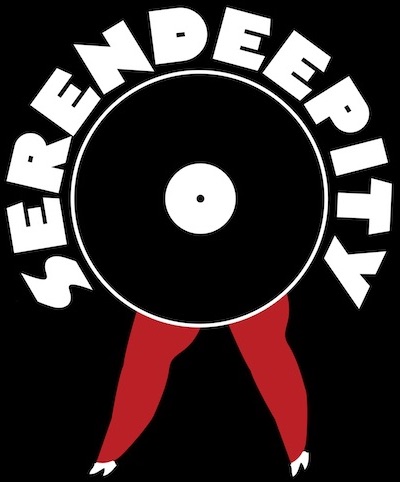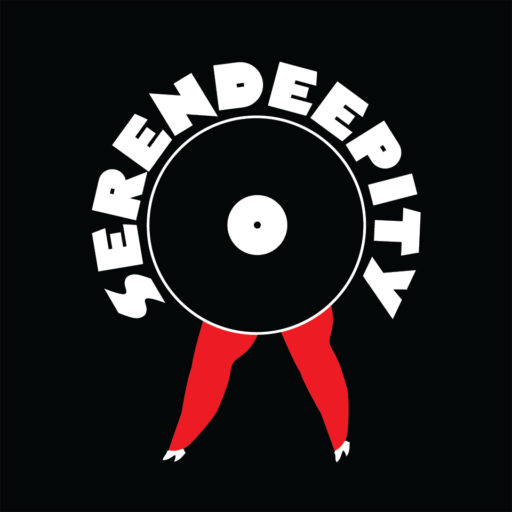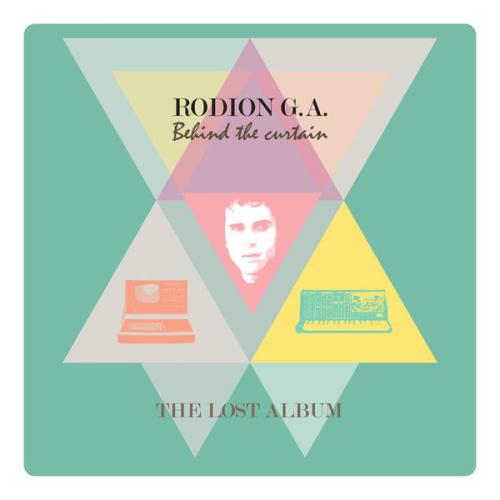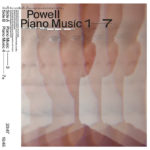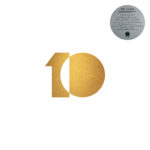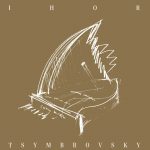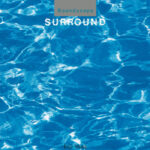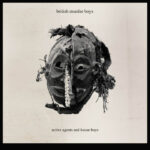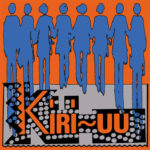Description
Rodion Rosca grew up and got his musical education in Cluj, on the Romanian/Hungarian border, during the relatively ‘open’ years of 1965-1972, before Ceacescu’s regime cracked down viciously on the cultural opportunities (and freedoms generally) available to the Romanian people. In this period he absorbed the influences that filtered through the Iron Curtain from the ‘decadent west’ and local eastern European musical traditions. Cluj had its own prog-rock bands, Cromatic and Experimental Quintet, and the music of the Beatles, Hendrix and Led Zep all found ready a ready audience there. But Rosca’s tastes were more unorthodox still: he was drawn to electronic music, at that time still an exciting new possibility, represented by East Germany’s Karat, Czechoslovakia’s Matador and Hungary’s Skorpio, as well as bands from the west including Jethro Tull, Emerson, Lake and Palmer and Yes, and the inevitable Kraftwerk and what would become known as ‘krautrock’. By 1975, in the harsher period, Rosca had amassed an eclectic selection of equipment and established a reputation as a DIY tech- wizard. He created his own unique way of creating music on reel-to-reel tape recorders, using the various tape machines to multitrack. His nascent studio included several Tesia tape recorders, drum machines, phasers, flangers and fuzz pedals. Then there were a toy Casio VL Tone and a Soviet made Faemi organ. He was joined by Gicu Farcas and Adrian Caparu in a band he had started, which then took the name Rodion G.A. Vocals, drums and guitars formed the core ‘rock’ elements but in every other way the music of Rodion G.A. was leftfield, unique and inimitable. Recording opportunities in Romania were severely limited, with just the one state-owned record label (Electrecord), and a paranoid suspicion of ‘western decadence’ and censorship of those who might be seen to have adopted such traits.
